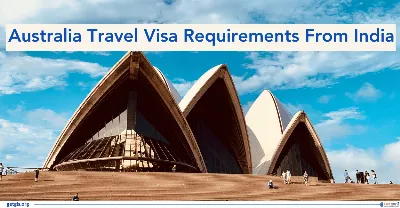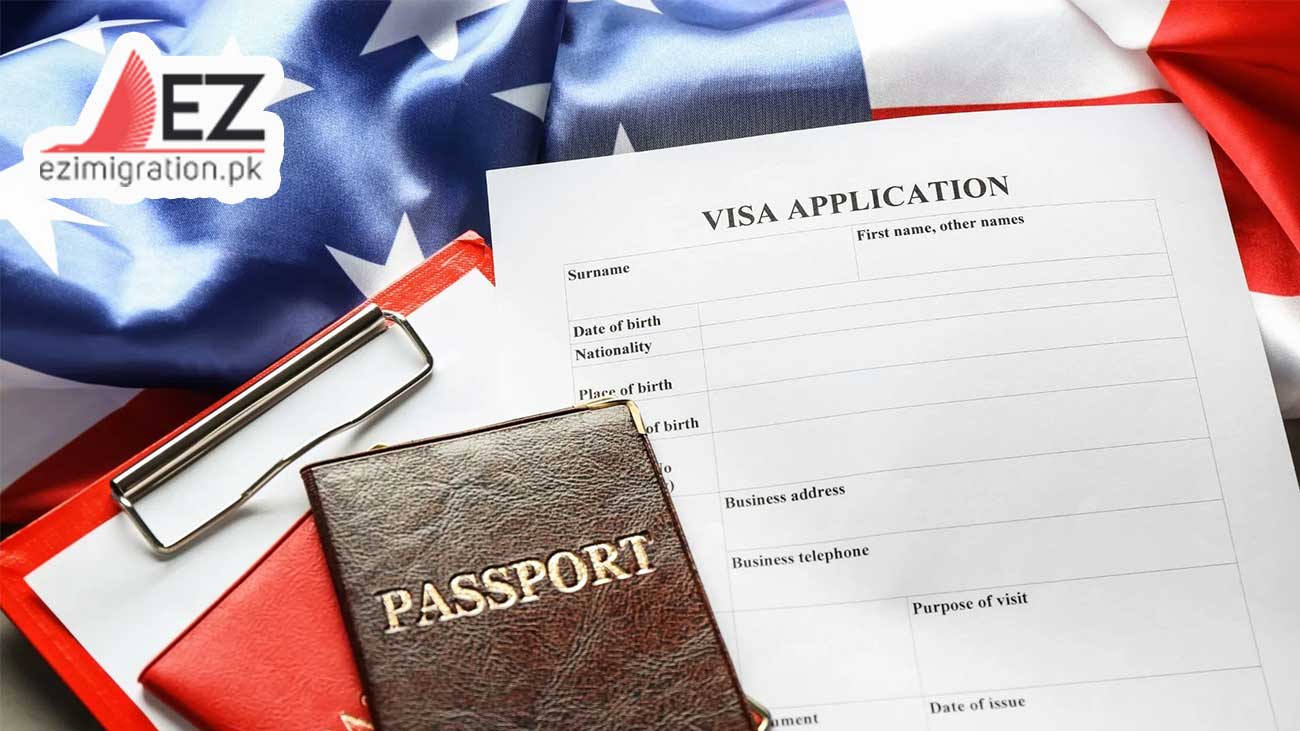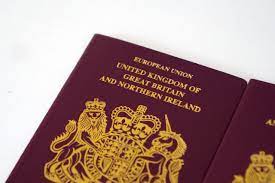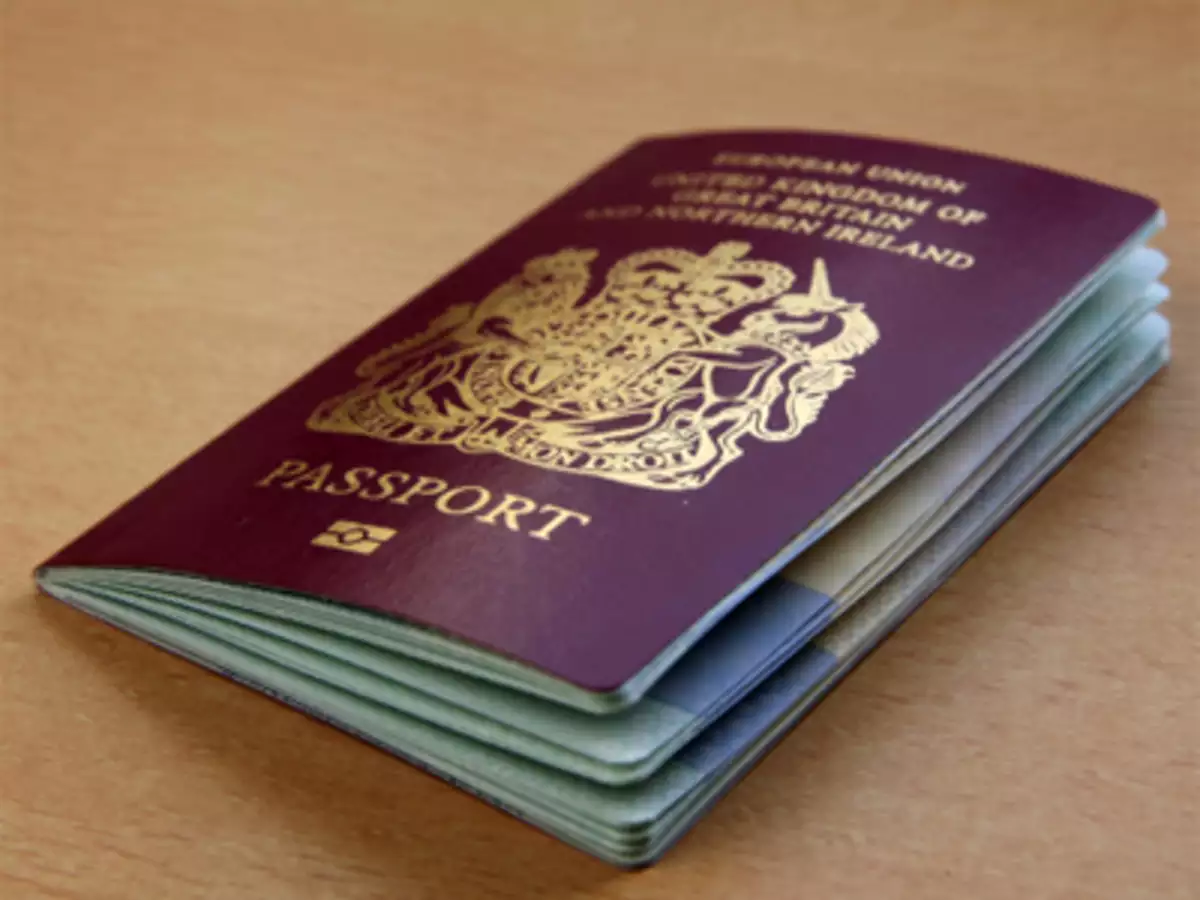For Australian citizens planning to visit India, understanding the visa requirements is essential. India offers several visa types depending on the purpose of travel, from tourism to business and employment. INDIAN VISA FOR Australian Citizens Here’s a comprehensive guide to help Australian citizens navigate the Indian visa process.
Tourist Visa
Australian tourists visiting India typically apply for a Tourist Visa. This visa allows for recreational travel, visiting friends and relatives, and short-term medical treatment. Tourist visas are usually granted for multiple entries over a 1-year period, with stays of up to 90 days per visit. Extensions may be possible in certain circumstances.
Business Visa
Australian nationals traveling to India for business purposes, such as attending meetings, conferences, or exploring business opportunities, should apply for a Business Visa. This visa is valid for multiple entries and is typically granted for a longer duration compared to tourist visas. Business visas can also be issued for specific projects and assignments.
Employment Visa
For Australian citizens seeking employment in India, an Employment Visa is necessary. This visa requires sponsorship by an Indian company or organization and is issued for a specific job role. The employment visa is typically valid for the duration of the employment contract, with provisions for extensions.
Student Visa
Australian students accepted into Indian educational institutions must obtain a Student Visa. This visa is granted for the duration of the academic course and allows multiple entries. Students must provide proof of admission to a recognized Indian institution and sufficient financial means to support themselves during their stay.
e-Visa
Indian e-Visas have streamlined the visa application process for Australian citizens visiting for tourism, business, medical treatment, or short-term courses. The e-Visa application is submitted online, and if approved, travelers receive an electronic visa document via email. The e-Visa allows for entry through designated Indian airports and seaports.
Online Application
Most Indian visas, including tourist and business visas, require applicants to complete an online application form through the Indian government’s official visa website or authorized visa service providers. Applicants must upload a digital photograph and a scanned copy of their passport bio page.
Supporting Documents
Supporting documents vary based on the type of visa but commonly include proof of travel itinerary, accommodation arrangements, financial stability (such as bank statements), and a letter of invitation or sponsorship where applicable. Students and employees may need additional documentation, such as admission letters or employment contracts.
Visa Fees and Processing Times
Each visa type has specific fees, payable online during the application process. Processing times vary but are generally quicker for e-Visas compared to traditional paper visas. It’s advisable for Australian citizens to apply well in advance of their intended travel date to account for any processing delays.
Health and Safety Precautions
Before traveling to India, Australian citizens should review health recommendations from their government and consider vaccinations or health precautions advised for the region they plan to visit. INDIAN VISA FROM Australia Travel insurance that covers medical expenses abroad is highly recommended.
Cultural Sensitivity
India’s rich cultural diversity means travelers should be respectful of local customs, traditions, and dress codes, especially when visiting religious sites or participating in cultural events. Understanding basic cultural norms can enhance the travel experience and minimize misunderstandings.
Security and Travel Alerts
Australian travelers should stay informed about current travel advisories and security alerts for India, which can be found on the Australian government’s travel advisory website. It’s prudent to register with the Australian High Commission in New Delhi or the nearest Australian consulate upon arrival in India.
Currency and Banking
While major credit and debit cards are accepted in urban areas, carrying some Indian currency (rupees) is advisable for transactions in smaller establishments and rural areas. Australian travelers should notify their bank of their travel plans to avoid issues with card usage abroad.
Transportation and Communication
India has a diverse transportation network, including trains, buses, taxis, and rideshare services. Australian travelers should research and plan their transportation options based on their itinerary. Additionally, obtaining a local SIM card or activating international roaming for mobile communication can facilitate easier navigation and communication during the trip.
Conclusion
Navigating the Indian visa process as an Australian citizen involves understanding the different visa types, preparing necessary documentation, and planning ahead. Whether traveling for tourism, business, education, or employment, Australian travelers to India can ensure a smooth journey by following these guidelines and preparing adequately for



